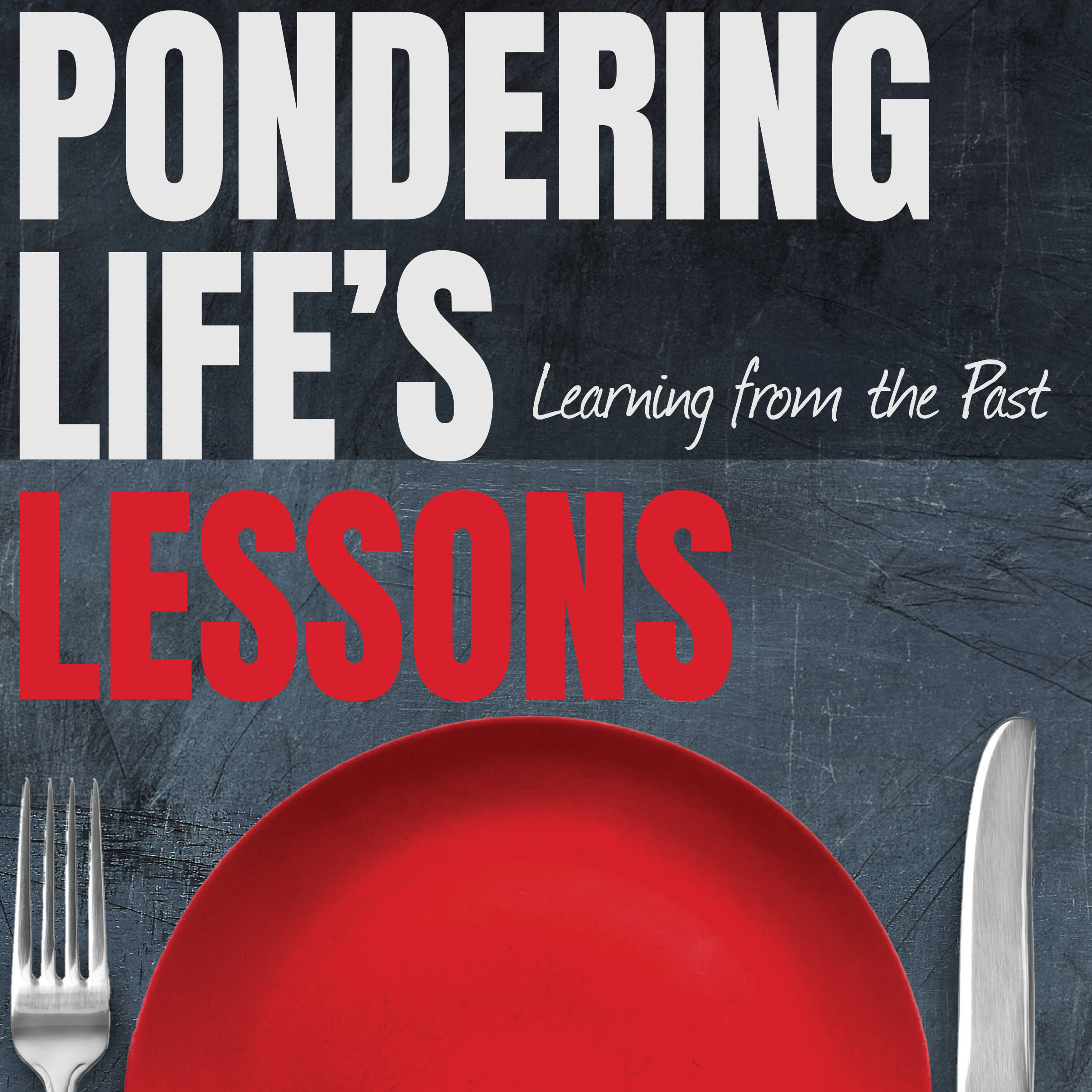Ruth and I have taken a few dance classes during our tenure in The Villages. Our first attempt was the Cha Cha. We struggled with the dance in large part because we had to touch each other while we danced. We both enjoy dancing as long as there is no touching involved. Traditionally, men are supposed to lead whenever dancers are required to touch or be “in hold”. Ruth preferred to “lead” rather than “follow” and that led to our demise. Her desire to lead was not new. She’s looked upon her dancing self as a free spirit. Free spirits have their own dancing souls and travel a path known only to themselves.
We completed the class but never danced the Cha Cha except for those six agonizing lessons. You can’t have “two leaders in hold”. In addition to being a frustrating experience, I believe that the classes expedited my knee replacement. Ruth and I agreed to forgo future dance classes that required us the touch, and thus, one follow the other.
That agreement worked out for a year after my knee replacement and then one of the couples that we met during our Cha Cha days talked Ruth into signing us up for “patterned partner” classes. “Patterned partner” is a country dance similar to wrestling side by side. It requires touching, and a single leader, which is traditionally the male dancer. Being non-traditional, our partnership failed. We spent another six weeks trying to learn something that we never attempted outside of the classroom.
This summer we received word that our neighbors were signing up for “country line dancing” classes and they wanted us to join them. I protested but we signed up because “no touching” is required in line dancing. You follow a predetermined pattern, so you are in essence a solo act. Your success or failure does not require a partner. Follow the steps, and you are good to go. As the name implies, all of the dancers dance in a “line”. The more uniform the group (or line) , the more successful you are. It’s kind of like “synchronized swimming” only you are on a dance floor.
We are half way through a series of six classes. I thought that the first class went well. Our instructor is very patient and does a great job of helping everyone. He wants us all to succeed. Ruth and I like to be in the front row so that we can give our instructor our full attention.
I missed our second class so I was a bit behind when our third class rolled around. As a former “international dance competition winner” (see my blog “Lost Not Found”) I thought that I could “catch up” with the other less accomplished dancers. I didn’t want to miss the class, but I had to go back to Michigan for a couple of days and our second class fell on one of those days.
I must admit that “catching up” was a bit of a challenge, but I made it. We’re told to count out the steps (some do it out loud, others in their head) , don’t look at your feet, don’t look at the other dancers because they may be taking false steps, and trust yourself and your ability to follow directions. It took me about half a class period to get it down, but I knew I had it. We reached a point in the session when we went through an entire dance with no interruptions. I closed my eyes so I couldn’t look at my feet or others, concentrated on my count and followed the steps as I viewed them in my head.
When the music stopped I opened my eyes and at that moment I felt sorry for the entire class. I was facing my class of twenty-nine other dancers. I looked to my left, and even Ruth was wrong. I couldn’t believe that everyone, except for me, had lost count. The only logical explanation for their failure was that they were “watching” each other and when one went wrong they all went wrong. Our instructor handled it well though. He could have easily pointed out their shortcomings, but he took the higher ground. He looked at everyone and said something like, “I want you all to know that I believe that you have all come a long way. You’re making great progress. Don’t be discouraged when you find that you’ve made a mistake. You’ll all get this even if it takes some of you longer than others.”
That was really nice of him to say. He could have told them all to “Be more like Bob.”, but he didn’t. He recognized that we all don’t learn at the same pace. We don’t all pick up on things as fast as others, even those who miss a class. He didn’t dismiss what they had accomplished. He took the high road when he offered his critique.
I hope that my classmates appreciate his insightful comments as much as I do. And I hope these members of my class remember his words when we get to class tonight.

